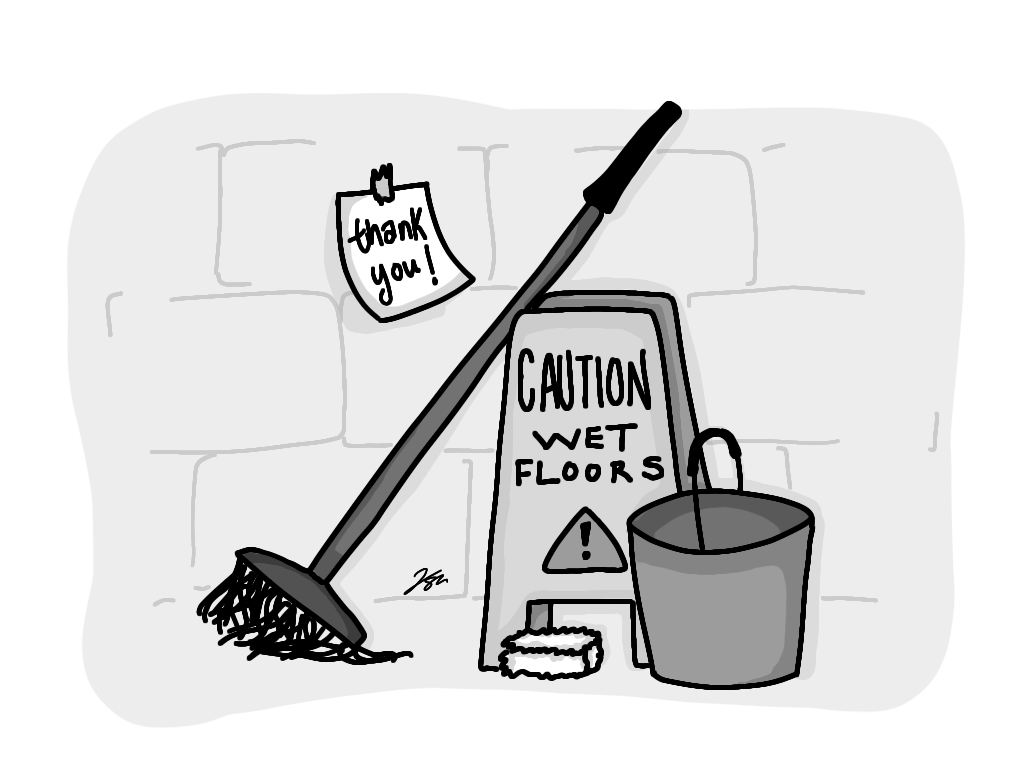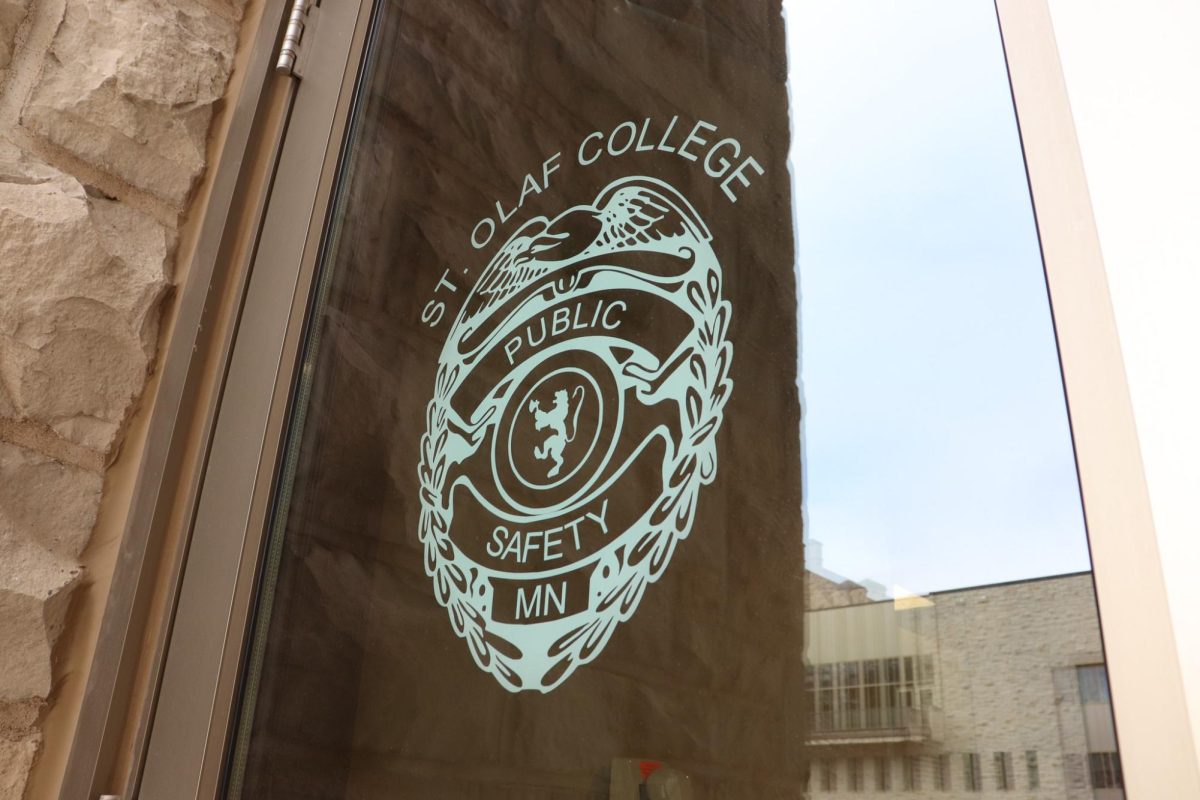
After the implementation of new federal regulations, St. Olaf’s Title IX Office received fewer reports during the 2020–2021 school year.
The new federal regulations have added increased barriers to the reporting process (now known as the grievance process). The regulations most notably limit the scope of sexual assault and lengthen the course of the investigation.
“The investigation process will be longer than before. Given all the steps we are required to take it will add time to an already stressful process,” said Title IX Coordinator Kari Hohn.
This year, there have been 34 reports to the Title IX office, and 23 of those people have met with Hohn for intake. This is down from the past three years. From fall 2016 to summer 2019, the Title IX Office received 145 intakes for an average of 48 cases per year.
“On the whole, our numbers are lower than in previous years, and this seems to be the case for most — if not all — institutions across the country,” Hohn said.
Beyond coming in for intake, the Title IX team has seen fewer people seeking to move forward in the grievance process.
“We have seen far fewer students wanting to move forward with the investigation process,” Hohn said. It is still difficult to know how the new regulations and impact of COVID-19 Community Standards interplay with one another in affecting the number of reports.
“I think there was a lot of hesitancy to report, to reach out, to use Title IX services as well as SARN because of the uncertainty of the new regulations,” said Sexual Assault Resourse Network (SARN) Co-Chair Zoe Plewa ’21. “We are trying to make clear that SARN is still supporting survivors and our Title IX policy is also still supporting survivors for the most part. Kari Hohn tries really hard to meet the needs of every survivor.”
The Title IX advisory board recently conducted a survey to try and get feedback on barriers to reporting.
“COVID-19 was not lifted up as something that was a barrier to student reporting,” Hohn said. However, given the new Community Standards, Hohn suspects that fewer incidents are happening because of COVID-19.
St. Olaf’s Title IX team recently posted an update to their policy ensuring students that amnesty will be extended to those who are assaulted while violating the COVID-19 Community Standards. “If a student is harmed or sexually assaulted while violating a COVID-19 Community Standard they don’t have to worry about getting in trouble for the Community Standard violation,” Hohn said. “We just want them focused on getting help.”
While the regulations limit the type of incidents to which St. Olaf is required to respond, St. Olaf does not intend to stop helping students who were assaulted off-campus or abroad.
“The new regulations narrowed the scope of what constitutes a Title IX incident. We will continue to respond to and address incidents that occur off-campus and abroad,” Hohn said. “Regardless of where something happens or whether the perpetrator is involved with St. Olaf or not, they can receive assistance through the Title IX Office.”
St. Olaf is legally required to follow the new federal regulations. “We are constantly having to change things and not just in a way that we have worked to deem helpful or appropriate for our community but in ways that we are being forced to incorporate by the government, which are arguably not the best fit for our community.” Hohn said.

With Joe Biden as the new president, it is possible that these regulations will change, but those changes likely will not happen for at least another year. The Trump administration went through a lengthy legislative process to enact the regulations, and the Biden administration will have to do the same.
SARN Co-Chair Maggie Bahnson ’21 said the implementation of the new regulations were a long time coming after Trump took office. She hopes to see the policy reversed in the near future.
“This impact will be something the Biden administration will have to actively work to reverse. We don’t know what it will look like and we know it takes a lot of time,” Bahnson said.
Until then, the Title IX Office continues to be a resource for students and offers a variety of options outside of the formal grievance process. One of the options available is an informal resolution process which allows for a variety of accommodations that prevent a survivor from seeing their assailant on campus.
While a variety of options exist, Hohn wants to remind students that there is no pressure in terms of next steps when talking with the Title IX Office or SARN. The survivor is “very much in the driver’s seat,” Hohn said.
“What I want to avoid is students not reporting their incidents because they are fearful that something will automatically happen like an investigation or reaching out to an accused person,” Hohn said. “It is an imperfect system, to say the least. A big reason we offer so many resources, accommodations and other options to students is because we know there are plenty of students who aren’t ready to go through the grievance process.”
While Hohn, Bahnson and Plewa all agreed that it is important for community members to educate themselves on the Title IX process, they specifically emphasized the importance of prevention and education work.
“We need to focus on prevention work,” Plewa said. “The Wellness Center does a lot of important work, but we should continue to expand on that. Having required trainings on consent, healthy relationships, how to support your friends that are survivors. There is a lot of information that people can opt into but nothing that is super required besides the bystander training.”
The Consent and Sexual Respect Initiative is one of the ways that Title IX is placing greater emphasis on prevention and education in a time of instability under complicated federal regulations. The group offers a variety of different educational opportunities that work towards preventing sexual violence.
Those interested in making suggestions to improve the current Title IX system on campus are encouraged to reach out to the Title IX working group as a whole or to Kari Hohn specifically.





